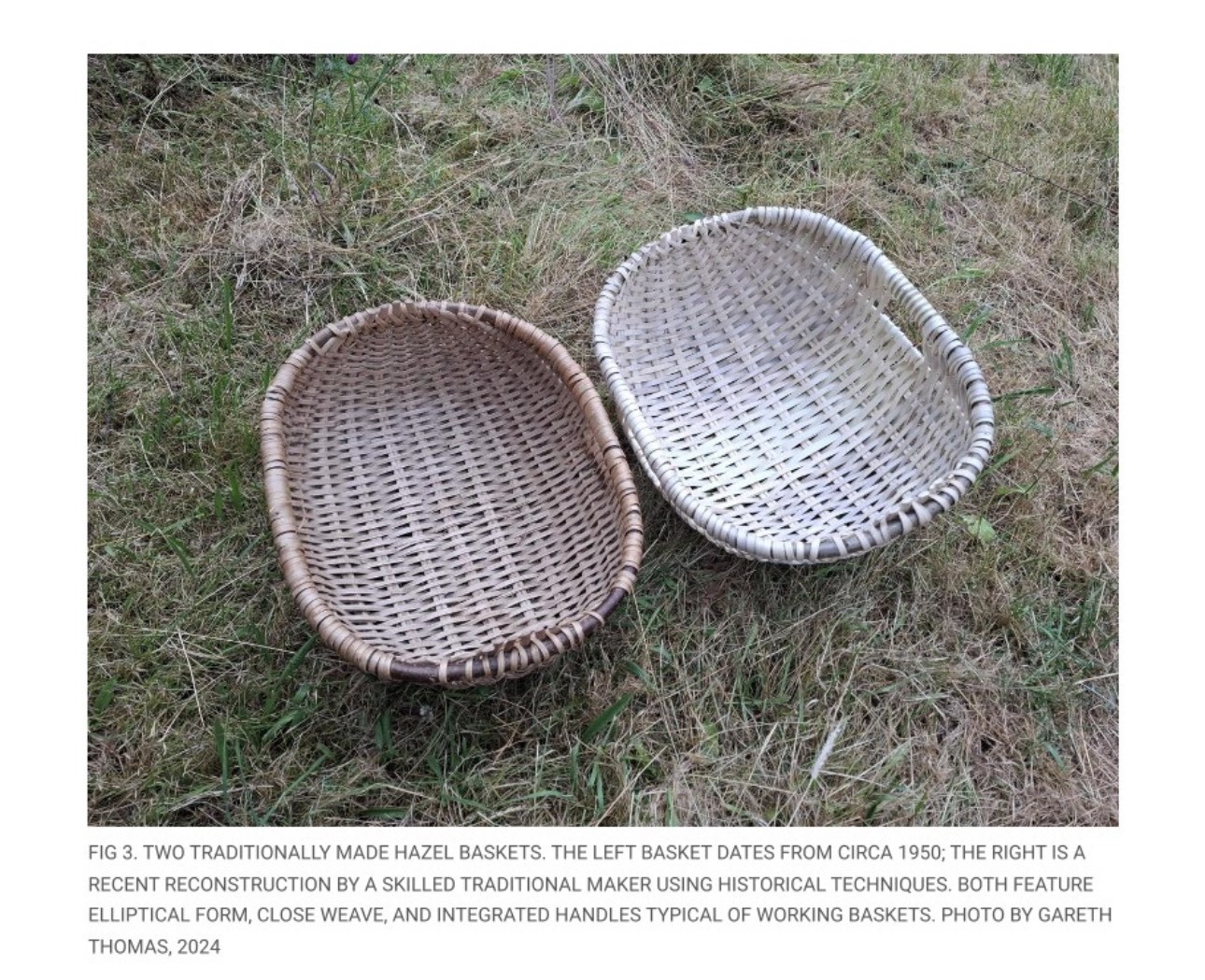
Posted in News on Jul 24, 2025.

This year’s Multidisciplinary Environmental Studies in the Humanities (MESH) Symposium tackled the topic of “Disaster Preparedness in Multispecies Worlds” featuring keynotes from Alexa Weik von Mossner and Thom van Dooren which were streamed via Zoom and are therefore attenable all over the world.
The first keynote was given by Alexa Weik von Mossner, "(Re)creating Multispecies Connections: Narrative and Disaster Preparedness" on 11 July, 2025.
(Re)creating Multispecies Connections: Narrative and Disaster Preparedness"
Disaster preparedness is often understood as a set of measures undertaken by governments, NGOs, communities, or individuals to better respond to natural or manmade disasters with the main goal of saving human lives and livelihoods. Due to the growing climate disruption, recent years have seen a paradigm shift away from single-disaster management towards more systemic approaches that aim to increase communities’ sustainability and preparedness in increasingly volatile riskscapes.
Weik von Mossner’s talk calls for a better understanding of the central role of narratives in such approaches by considering nonfiction storytelling in cultural texts and strategic disaster risk communication campaigns that aim to not only raise awareness but also empower communities to enhance their resilience and wellbeing. The talk will consider what is at stake in such strategic storytelling and how it can go beyond purely anthropocentric concerns to account for multispecies entanglements and to (re)create connections with the more-than-human world.
The second keynote was given by Thom van Dooren, “Multispecies Storytelling in Catastrophic Times” on 12 July, 2025.
“Multispecies Storytelling in Catastrophic Times”:
Drawing on and thinking through a collection of stories of critically endangered snails from the Hawaiian Islands, this lecture offers a potted overview of multispecies studies as a field of scholarly inquiry that draws the humanities, the natural sciences, and a variety of other ways of knowing/ living, into dynamic conversation.
The lecture focuses on three key topics. Firstly, what is it that characterises multispecies scholarship as a distinctive way of understanding and describing the world, perhaps even, as Bruno Latour has framed it, as a genre of ‘alternative natural history’? Secondly, what does it mean to centre the role of storytelling in multispecies research: how does doing so open up new possibilities for not only engaging but transforming publics?
Two particular interests in this regard are the ‘ethical charge’ of storytelling, and the capacity for multispecies stories to create new openings into questions of intra-human inequality and oppression. Thirdly, and finally, the lecture will explore the ‘species’ category: what work do taxonomic divisions do in multispecies scholarship, and how might thinking with and against species help us to both see and inhabit worlds differently? Taken together, the lecture works to outline the significance of multispecies storytelling as a creative and ethical practice in and for what Isabelle Stengers has termed ‘catastrophic times.’


